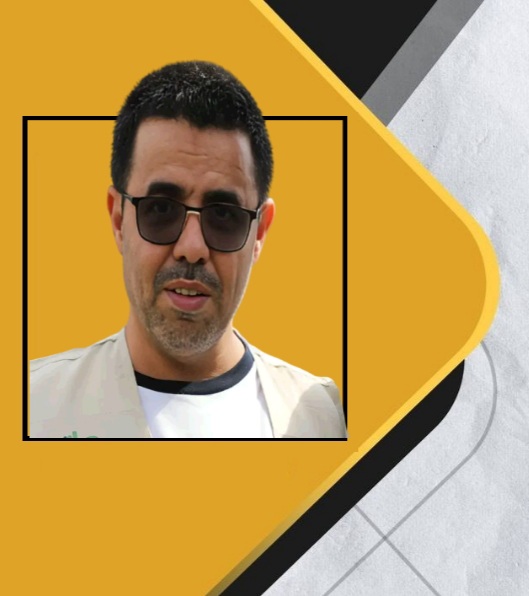UN Envoy's Yemen Remarks Raise Questions About Objectivity: A Critical Analysis of a Television Interview

Hani Mubarak
Sana'a, Yemen - A recent television interview by Hans Grundberg, the UN's Special Envoy for Yemen, has sparked questions about his impartiality in the ongoing peace process. The interview, which aired on China Central Television on April 11, 2024, marked the tenth anniversary of the conflict and offered Grundberg's perspective on peace efforts.
However, a critical analysis of his remarks reveals potential biases that could hinder progress.
Excessive Optimism Paints an Unrealistic Picture
Grundberg reportedly expressed a degree of optimism regarding the possibility of achieving peace in Yemen. While acknowledging the ongoing conflict and humanitarian crisis, he focused heavily on the recent truce and agreements between Yemeni parties. Critics argue that this optimism downplays the significant challenges remaining. Deep divisions within Yemen, resource scarcity, and growing threats to regional shipping lanes all pose serious hurdles to a lasting peace. This rosy outlook may be an attempt to maintain international support for the UN's role in Yemen, but it risks creating unrealistic expectations that could lead to further disappointment.
Oversimplification Ignores Key Players
Grundberg's analysis of the conflict appears to simplify its complex origins and multifaceted nature. His focus on the UN's role, while important, neglects the significant influence of international powers and regional actors like Iran, Saudi Arabia, the United Arab Emirates, and various armed groups. This oversimplification could be an attempt to avoid controversial details or protect the interests of certain parties. However, such an approach risks fostering a misunderstanding of the conflict's true nature, making it difficult to find effective solutions.
Bias Towards the UN Raises Concerns
Grundberg's praise for the UN's efforts in securing a ceasefire and facilitating negotiations raises concerns about potential bias. While acknowledging the UN's role, some have criticized the organization for alleged collusion with certain parties or a lack of decisive action to halt the conflict. Grundberg's focus on the UN's successes without addressing these criticisms suggests a desire to defend the institution. This bias could undermine the international community's trust in the UN's impartiality, a critical element for successful mediation.
Critical Analysis Essential for Effective Peacebuilding
The critical analysis of Grundberg's remarks highlights the importance of examining diplomatic discourse with a discerning eye. Recognizing potential biases allows for a more nuanced understanding of the situation and the effectiveness of mediation efforts. By acknowledging the complexities of the conflict and the challenges faced by the UN, all stakeholders can work towards a more realistic and sustainable peace process in Yemen.


